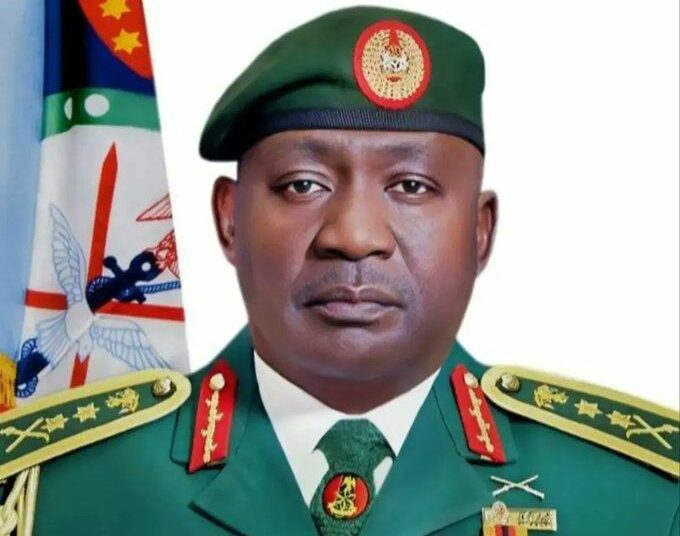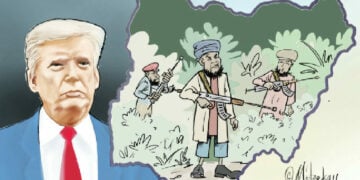Chief of Defence Staff General Christopher Musa has said the Defence Headquarters will deploy over 800 well-trained special forces into operational areas to combat the myriad of security challenges across the country.
He disclosed this while speaking at the Defence Training Seminar in Abuja yesterday. He stated that the special forces had undergone comprehensive training to tackle the merging threats.
Some states, including Benue, Plateau, and Borno, have recently witnessed a resurgence of hostilities, prompting the military and security agencies to intensify efforts to restore peace and security in the affected areas.
He said: “Sometime next week, we will be graduating the first 800 special forces team trained to face the challenges we are undergoing, and the training is very comprehensive.
“We have realised that deploying them in pieces also creates that weakness that we see. We will be deploying them together, a force that stays together and will understand each other. Because from experience, a fighting force must be able to understand itself.”
The CDS said the conference, themed “Performance-Oriented Training and Trends in Contemporary Operating Environment,” was organised as a critical part of a shared commitment to building a professional, combat-ready force well equipped to navigate the evolving operational landscape.
He said, “Our mission also aims to create a unified training system that is adaptable, technologically driven, economical, and mission-driven. This entails expanding joint training programmes and doctrinal reviews as well as performance simulation and work-giving, among other innovations that will enhance professional operational ability.
“Furthermore, this training will enhance collaboration, cooperation, and jointness among the services of other relevant security agencies.”
According to him, an effective response to Nigeria’s complex security threats requires inter-service collaboration and cooperation and rapid integration of artificial intelligence, autonomous systems, advanced surveillance technology and sophisticated electronic cyber warfare.
He emphasised the military’s need to understand the enemy it is dealing with in order to prepare for emerging challenges.
In his remarks, the minister of defence, Mohammed Badaru, urged the military to ensure that troops’ training aligns with Nigeria’s national security objectives.
He said that addressing the country’s security threats requires the military to adopt forward-looking strategies based on rigorous training, inter-agency coordination, and real-time adaptation to emerging doctrines and technologies.
The minister said the conference theme was timely and resonated deeply with the national security imperatives of our time.
He noted that the success of any military institution depends not just on the calibre of its personnel or the sophistication of its equipment but also on the quality, relevance, and sustainability of its training level.
“Distinguished ladies and gentlemen, as we gather here today, we must confront a pertinent and fundamental question: How can we ensure that our Armed Forces are more proactive and anticipatory in the face of rapidly evolving security threats?
“The answer lies in strategic investments in performance-oriented training that prioritises outcomes, simulates real-world complexities and aligns closely with current and future operational realities. It is therefore no longer enough to train for the threats of yesterday without training for the uncertainties of tomorrow and beyond.”
He reaffirmed the federal government’s commitment to supporting the military in overcoming the nation’s security threats.”
“As part of our strategic vision, we are working closely with the services to review and enhance our defence training architecture, with a clear focus on: Aligning training programmes with strategic defence objectives; upgrading facilities and infrastructure in our training institutions, expanding partnership with regional and international military academies and think tanks; Promoting training exercise that reflect both local and global threats and encouraging innovation in training methodology, doctrine development and simulation tools,” he said.
Badaru emphasised the significance of joint and combined training exercises, noting that no single service can secure our nation alone.





